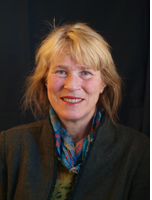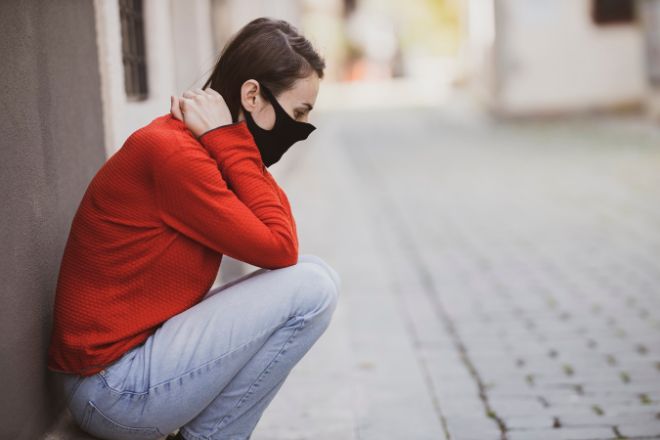In this Global Health and the Pandemic webinar, Eszter Kismödi, international human rights lawyer, will highlight and discuss how sexual and reproductive health and rights are affected during the COVID-19 pandemic. This webinar is part of the one-week UiO course, Reproductive and Sexual Health and Human Rights and will include a Q&A session with Professor Johanne Sundby.
Speaker

Eszter Kismödi JD, LLM, is an international human rights lawyer, specialized in sexual and reproductive health and rights law, policy, programming and research. Presently she is the Chief Executive of Sexual and Reproductive Health Matters (SRHM), that promotes sexual and reproductive health and rights (SRHR) globally through its multidisciplinary, open-access, peer-reviewed journal.
Previously, she has been working as an independent human rights lawyer for several UN Agencies, international organisations and NGOs, including UNAIDS, UNHCR, UNDP Asia Pacific Hub, OHCHR, WHO, the World Association for Sexual Health and CREA. Between 2002-2012 she worked as a human rights adviser at WHO, Department of Reproductive Health and Research.
She has been a visiting fellow at the Global Health Justice Partnership of the Yale Law School and Yale School of Public Health since 2016 and was a visiting scholar at the Human Rights Programme of the Harward Law School in 2014. She is a member of various committees and boards, such as the Global Advisory Board on Elimination of Mother and Child Transmission of HIV and Syphilis of WHO; the UNAIDS Reference Group on HIV and Human Rights; the Technical Advisory Committee of Women's Integrated Sexual Health Programme (WISH) of DFID and GATE, Global Action for Trans Equality.
She is a regular guest lecturer at various universities, and an author of and contributor to several WHO and other UN publications.
Moderator

Professor Johanne Sundby is an obstetrician who has held a professorship in global community health at the University of Oslo for many years. She has worked on reproductive and maternal health issues in many African countries, and has served as a policy and research adviser to the Norwegian Health Ministry, NORAD, WHO/Geneva and the Norwegian and Swedish Research Councils. Fields covered are maternal mortality and morbidity, female genital mutilation, sexually transmitted infections, contraception, unsafe abortion and violence against women. She has initiated several training programs and institutional collaborations, and has worked on science capacity building for African scholars at the masters and PhD level for two decades. She is interested in health systems responses to emerging needs among women, especially the poor, the rural and the non-privileged. Quality of care, and access to and coverage of health services for pregnant migrants are current areas of work.
Webinar format
This webinar will include a lecture by Eszter Kismödi followed by a Q&A session joined with Professor Johanne Sundby. All participants must register (below) for the webinar in order to receive the Zoom link. Please note that this webinar will be recorded and distributed to those who registered but were unable to join.
On the seminar series Global Health and the Pandemic:
The Centre for Global Health at the University of Oslo is providing a virtual space for scholars, practitioners, researchers, students and advocates through its webinar series, Global Health and the Pandemic. This series will provide reports from the frontlines and foster critical discussions on global health headlining the COVID-19 pandemic.
